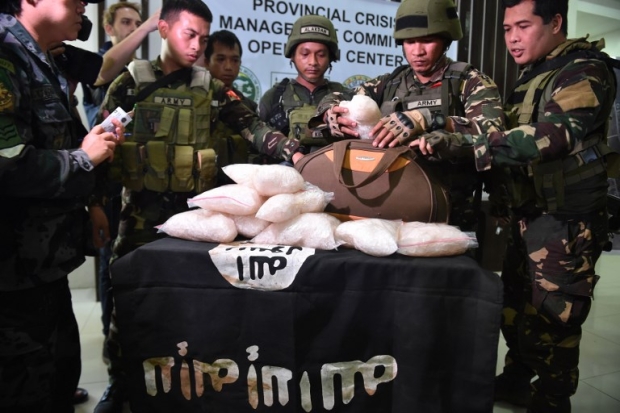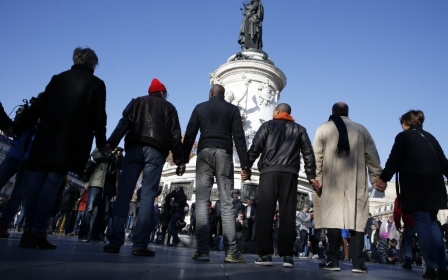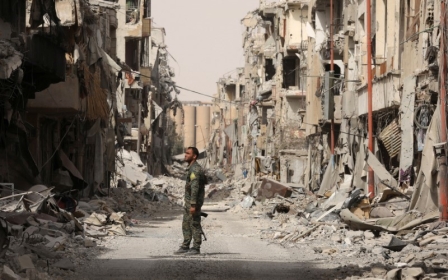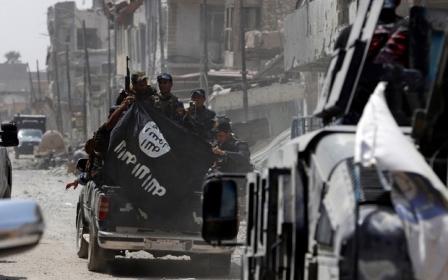US foreign policy paved the way for an Islamic State resurgence
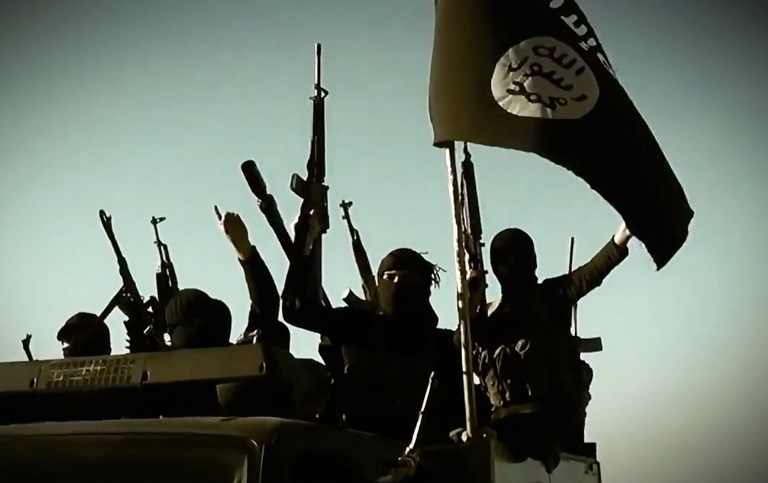
The Islamic State (IS) has been militarily defeated in its attempt to create a "caliphate” in Iraq and Syria. Its de facto capitals of Mosul in Iraq and Raqqa in Syria were wrested from the terror group after long, grinding campaigns fought by local forces with extensive international assistance.
After the rapid capture of Tal Afar and a pocket around Hawija from IS last year, Iraqi Prime Minister Haider al-Abadi declared that the war against IS was over, that it had been won.
In Syria IS has, at least nominally, almost vanished from the map. The towns it had been expected to defend to the death – notably Deir Ezzor and Mayadin, near the Syria-Iraq border – appear to have fallen with less resistance than many observers had predicted.
IS conserves its forces
These events were not greeted uncritically. IS maintains control around Abu Kamal and holds a small town, Hajin, nearby.
Analysts have also noted the group’s ability and willingness to withdraw in order to conserve its forces. IS successfully cut deals to leave the wreck of Raqqa with much of its defending force intact. Some suggested that this, rather than the group’s total defeat, provided the basis for the swift capture of Tal Afar, Hawija, and cities under IS occupation in eastern Syria.
Now, nominal allies in the global coalition are openly fighting each other ... and space has opened for an IS resurgence before it has been totally defeated, even in a territorial sense
It was also widely noted, by analysts Hassan Hassan, Nibras Kazimi and others, that IS - an organisation born of and accustomed to insurgency - was likely to return to that modus operandi. IS can, to paraphrase Kazimi, treat the sparsely populated Syria-Iraq border region like an ocean, as a place to hide, a means of travelling unimpeded and undetected between significant locations.
Reporting from Christoph Reuter suggests that, even in Iraqi territory apparently liberated from IS, the terror group is able to exert malign influence, appearing at night around Hawija to terrorise locals and make a mockery of the Iraqi state forces nominally in control.
These insurgent tactics are not limited to survival and intimidation. IS is also still able to perpetrate significant acts of violence and terrorism.
The brand remains strong
In recent weeks, IS fighters have orchestrated attacks in Kirkuk and Baghdad in Iraq, and Kabul in Afghanistan, where the group controls a significant wilayat (foreign province), known as Khorasan Province.
IS also maintains a sizeable presence in Deir Ezzor in Syria, and is expanding globally. IS-linked groups, often combining local Islamist forces with battle-hardened cadres from among IS’ own foreign fighters, remain in Afghanistan, Egypt, Nigeria, the Philippines and beyond.
All this suggests that the group is far from defeated. Partly, this is a result of a deliberate strategy on the part of IS – a series of tactical decisions consciously taken.
But this eventuality did not arise in a vacuum. In its successful transition to insurgency, IS has been aided by the disunity and ineffectiveness of its adversaries.
Unresolved tensions
One must be fair. The US-led global coalition placed the defeat of IS at its heart. The group's degradation and destruction was its sole objective. But this monomania has created its own problems.
Most obviously, it has meant that the capture of territory was placed above finding a political settlement that would diminish IS’ ideological influence or dismantling the group’s core infrastructure, cells from which were able to mount raids in Kirkuk years after that city’s liberation.
The Raqqa and Mosul campaigns were undertaken rapidly, with dire consequences for the safety of the civilian population. The negative effects of this action went beyond poor PR: it also meant that the global coalition frequently failed to deal satisfactorily with issues that emerged among “partner forces”.
The United States in particular grew fond of citing the campaign against IS as a reason to unite. This had little effect on resolving tensions between the Iraqi state and the Kurdistan Regional Government (KRG). Nor did it mollify Turkish concerns about the Syrian border, which later led to Operation Olive Branch and open conflict against the Syrian Democratic Forces (SDF, )the primary American proxy in Syria.
Turkey feared the unchecked rise of the SDF, an umbrella organisation dominated by the People’s Protection Units (YPG), which has strong ties to the Kurdistan Workers’ Party (PKK). The latter is an internationally designated terrorist group that has mounted campaigns of violence within Turkey for years.
Anything resembling a PKK statelet on Turkey’s southern border is entirely unacceptable to Turkish leaders. Thus, Turkey acted violently against it, resulting in the Afrin campaign.
Partners fighting each other
Now, nominal allies in the global coalition are openly fighting each other – in Syria most notably, but also in low-level conflict in Iraq – and space has opened for an IS resurgence before it has been totally defeated, even in a territorial sense.
The international coalition placed such a focus on defeating IS that its policy on everything else was blinkered. The Americans in particular took only expedient and short-term steps to ensure the swift destruction of IS.
Cities were retaken; massive aerial campaigns were mounted; IS was assured that its fighters would die if they did not surrender. All the while, partner forces were assessing their options and preparing to act with predictable self-interest. Focusing all attention on IS’ destruction allowed tensions within the global coalition to fester and finally to emerge when IS seemed in some way pacified.
In this space, IS has been able to resurge, conserving its strength and striking at soft targets while its enemies fight among themselves
American diplomacy did little to prevent the violence between the Iraqi state and the KRG. US diplomacy did not address Turkish concerns in northern Syria.
Now, parallel conflicts such as those described above are openly disrupting the business of fighting IS and governing territory recaptured. In this space, IS has been able to resurge, conserving its strength and striking at soft targets while its enemies fight among themselves.
American policy, which was always in essence a quick fix, may have led to quick victories in Iraq and the retreat of the black standard in Syria. But these victories were superficial. The situation is hardly fixed, and the threat from IS – insurgent and now resurgent – remains.
- James Snell is a British journalist who has written for numerous international publications, including National Review, The American Spectator, New Humanist and Free Inquiry.
The views expressed in this article belong to the author and do not necessarily reflect the editorial policy of Middle East Eye.
Photo: An image grab taken from a propaganda video released on 17 March 2014 by the Islamic State group’s al-Furqan Media allegedly shows IS fighters raising their weapons as they stand on a vehicle mounted with the trademark flag in Anbar province (HO/al-Furqan Media/AFP).
This article is available in French on Middle East Eye French edition.
New MEE newsletter: Jerusalem Dispatch
Sign up to get the latest insights and analysis on Israel-Palestine, alongside Turkey Unpacked and other MEE newsletters
Middle East Eye delivers independent and unrivalled coverage and analysis of the Middle East, North Africa and beyond. To learn more about republishing this content and the associated fees, please fill out this form. More about MEE can be found here.



